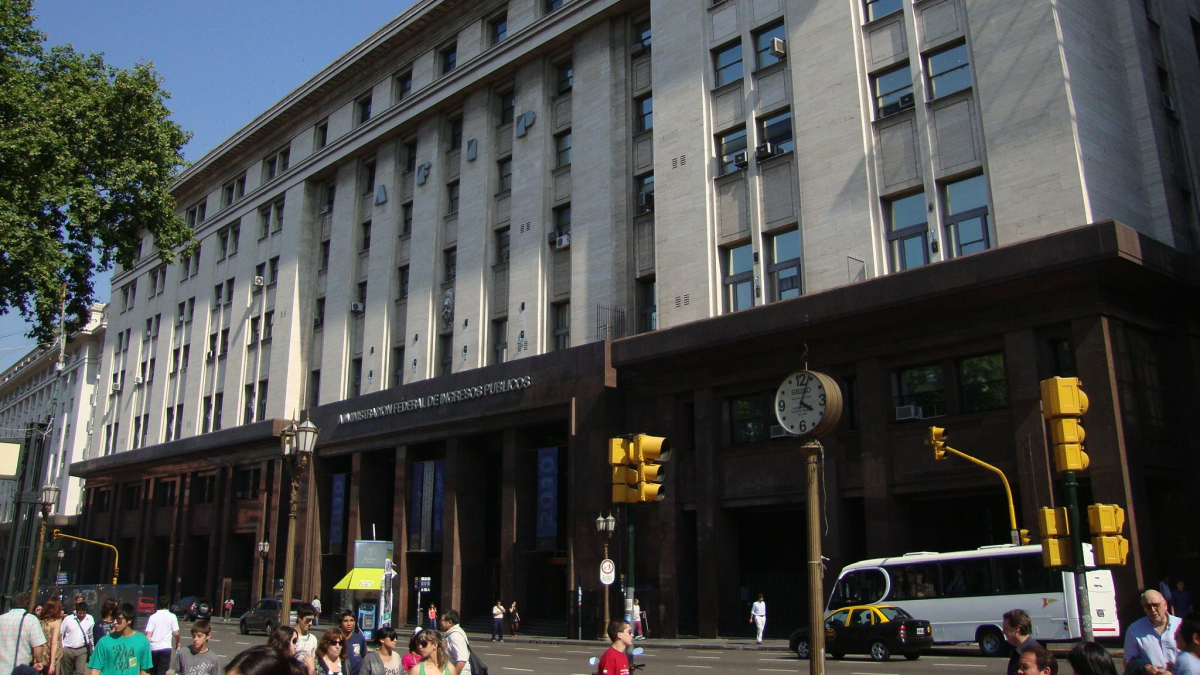The tax burden of taxes considered distortive, because they increase production costs or the price of goods, reaches 8% of the Gross Domestic Product (GDP). According to a private consultancy, that should be the Government’s objective to reduce the burden of taxes on the economy.
This is highlighted in a report by the Institute for Argentine Social Development (IDESA)which is run by the economist Jorge Colina, in which it is raises the need for the rest of the taxes that are not distorting to absorb this segment.
“An important factor of The additional costs suffered by national production come from the tax system. “By eliminating taxes that falsely increase the cost of production, competitiveness can be increased without resorting to devaluation,” the report states.
IDESA maintains that the National and provincial tax pressure rose to 28% of GDP this year. “Through the four taxes that most erode competitiveness (export duties, PAIS, Check and Gross Income) 8% is collected of GDP,” says the consultancy.
In conclusion, he points out that “To eliminate these four taxes and not lose revenue, GDP would have to increase by 40%,” something that seems unlikely and distorts the idea that in order to reduce tax pressure, growth must first occur.
“The Government adheres to this diagnosisbut argues that –in order not to collide with the objective of fiscal balance– the elimination of bad taxes is subject to the economy growing and/or public spending falling,” IDESA states.
The report warns that “It would be necessary for the GDP to grow by 7% in a sustained manner for 5 years or 3.5% over 10 years to compensate for the elimination of taxes with economic growth.”
From the other side, the reduction in spending is also questionable.Continuing to reduce national spending is necessary and possible, but it will be a long and complex process”the report states. It indicates that “in the case of the provinces, the Gross Income Tax finances, on average, 20% of the provincial primary public expenditure.” “Generating such a reduction in expenditure in the short term and in a sustainable manner is unfeasible in most provinces,” says the study.
In this regard, the study adds that “An alternative path is for good taxes to absorb bad ones.” “For example, VAT, Gross Income and municipal rates They have in common that all three tax sales,” the paper explains.
For IDESA, that should be the first of the actions to be carried out by the new Minister of Deregulation and State Transformation, Federico Sturzenegger. He considered that the portfolio “has a crucial role” in promoting transformations that “avoid squandering the enormous effort that the population has been making to stabilize the economy.”
A recent report from the Argentine Institute of Fiscal Analysis (IARAF) details that in Argentina there are 155 taxes, fees, and duties. But 92% of the country’s consolidated revenue is concentrated in 10 of them, among which are the Tax on Profits, VAT, and export duties.
Source: Ambito




